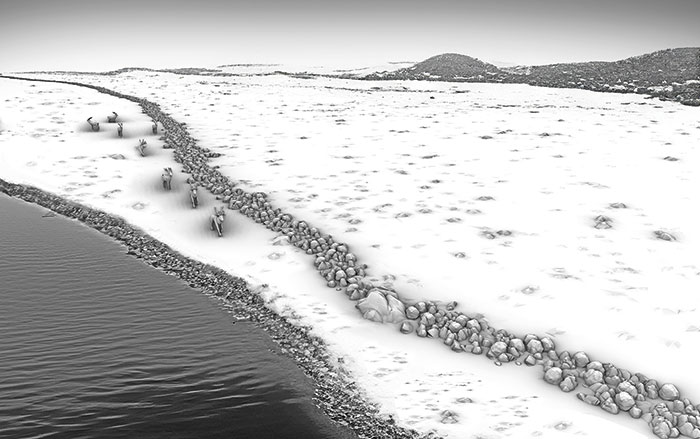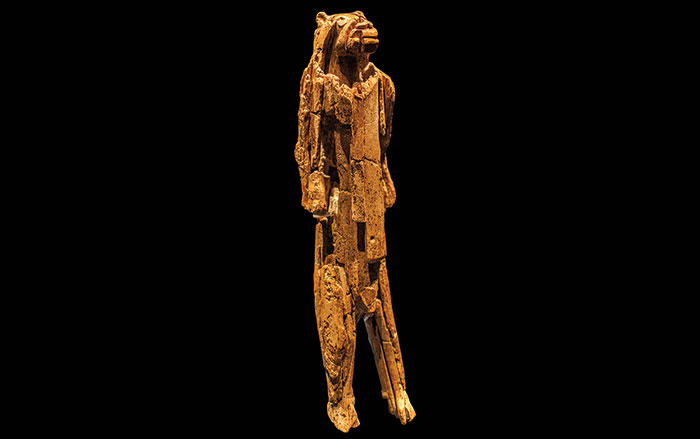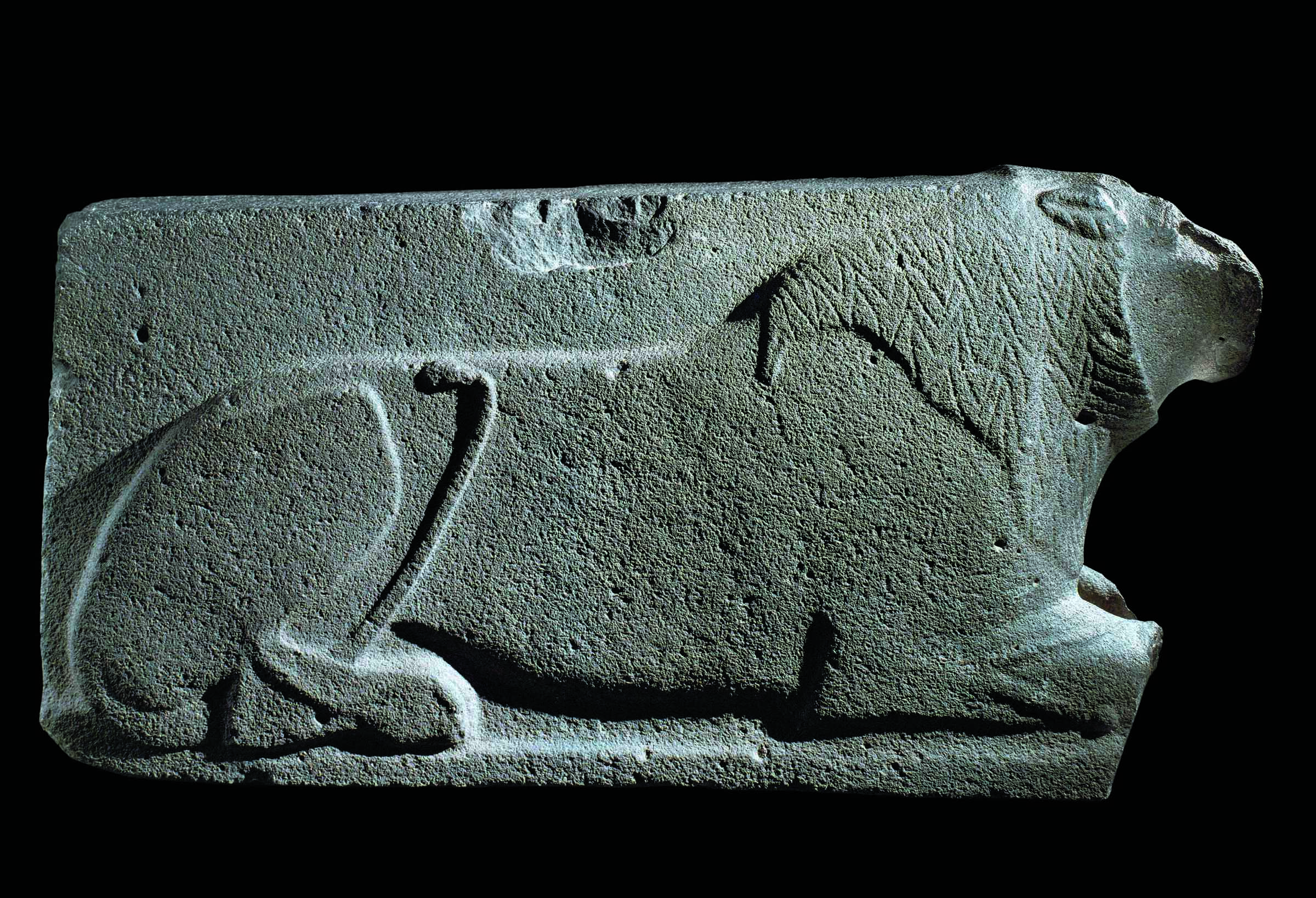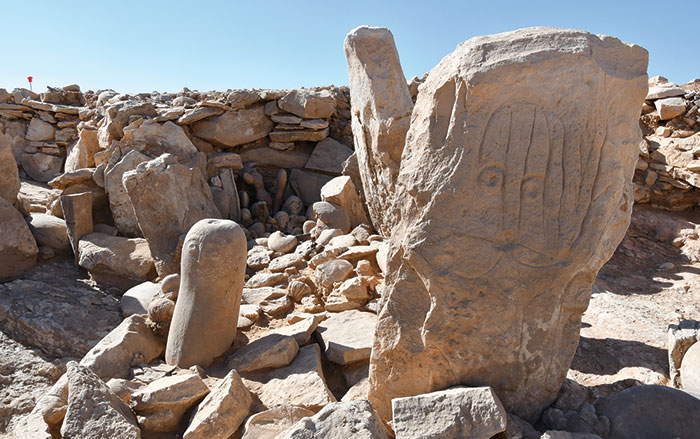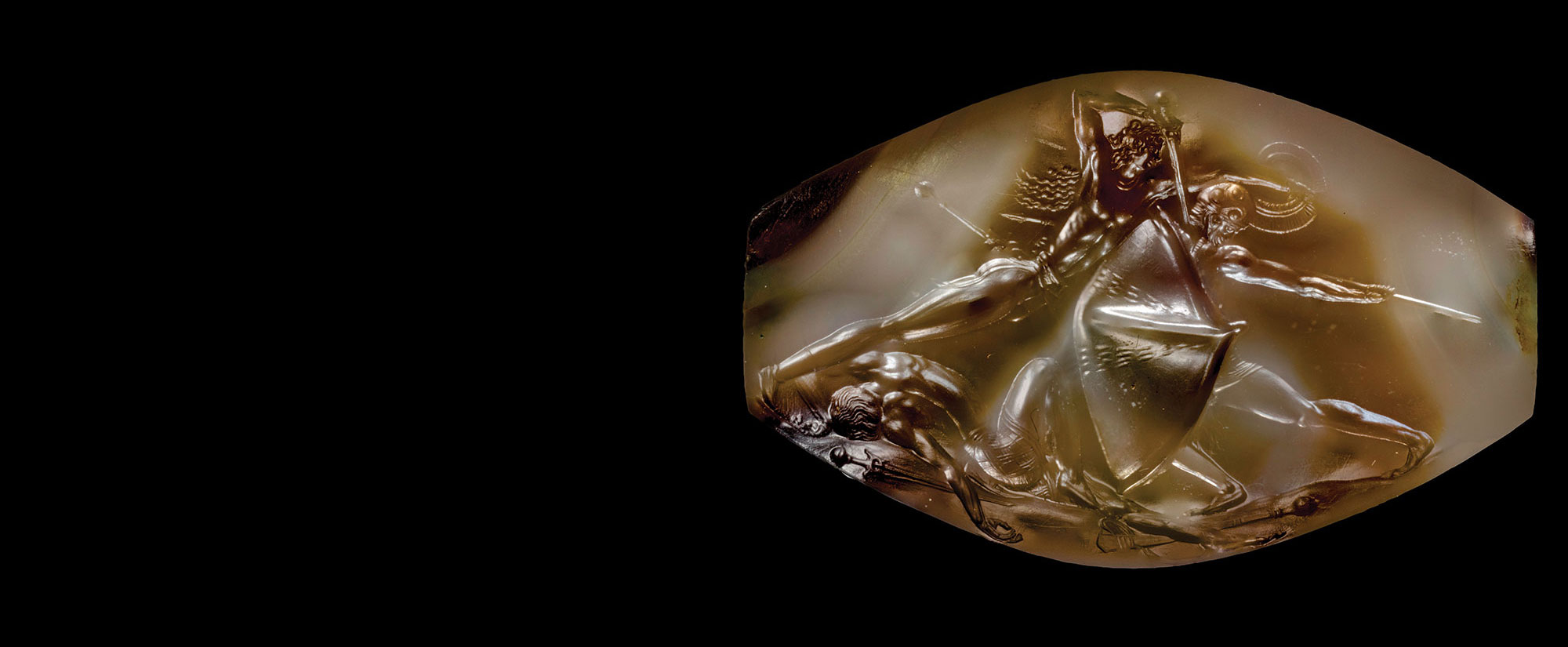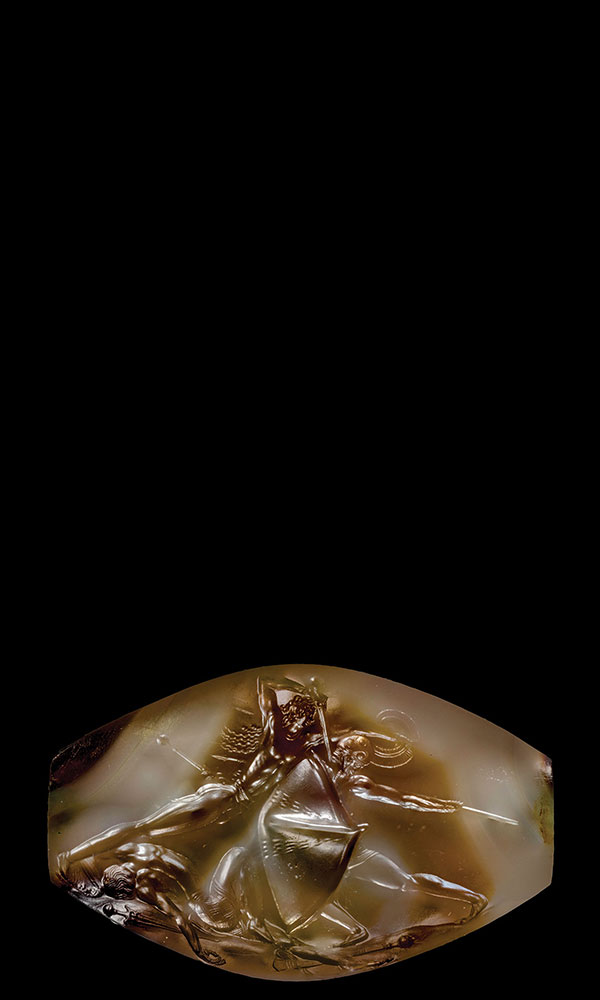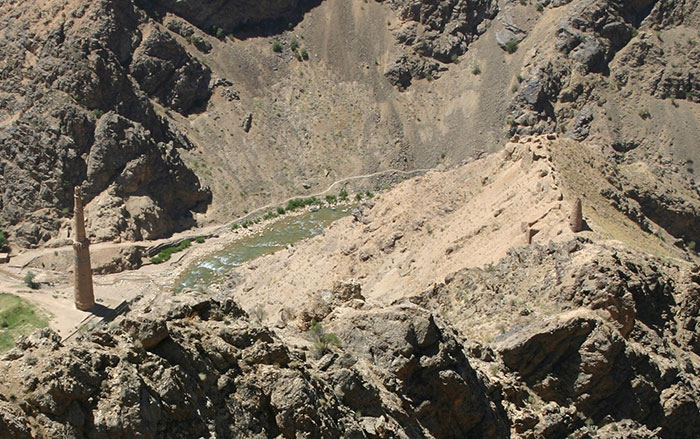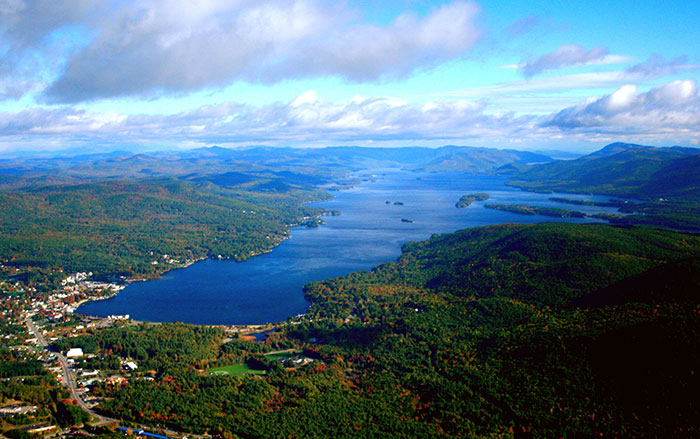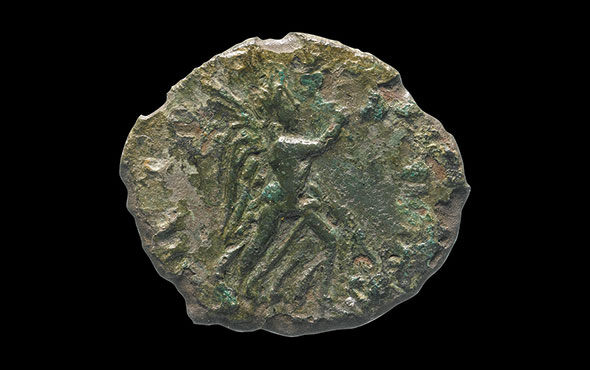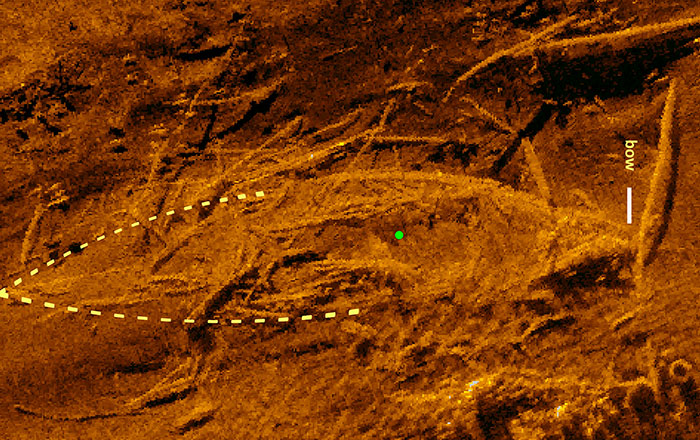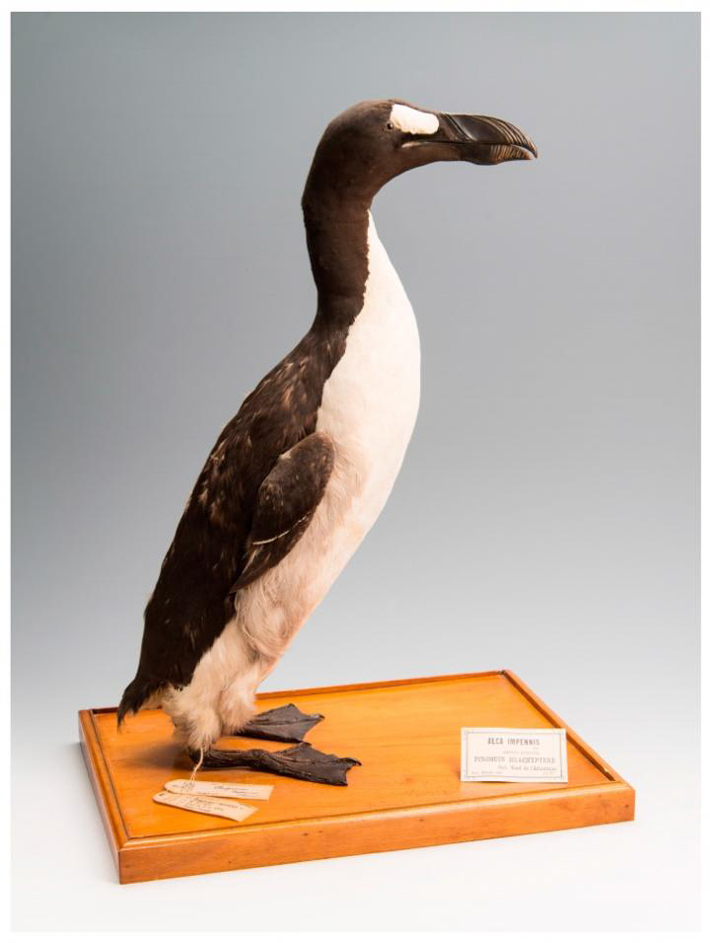
SWANSEA, WALES—Human hunters alone could be responsible for the rapid extinction of the great auk, according to an eLife announcement. Jessica Thomas of Swansea University said millions of the large, flightless birds, prized for their meat, eggs, and feathers, once lived along the east coast of North America, off the coasts of Iceland and Scotland, and throughout Scandinavia. Thomas and her colleagues analyzed mitochondrial genetic data obtained from the remains of 41 great auks, ocean current data, and the probability of auk populations going extinct within a certain amount of time in order to reconstruct bird populations over the past 11,700 years. The study results indicate that the industrial-scale pressure humans put on bird populations beginning in the early sixteenth century were probably enough to wipe them out, even if environmental changes did not put them at risk. For more on the demand for great auks, go to "World Roundup: Scotland."


